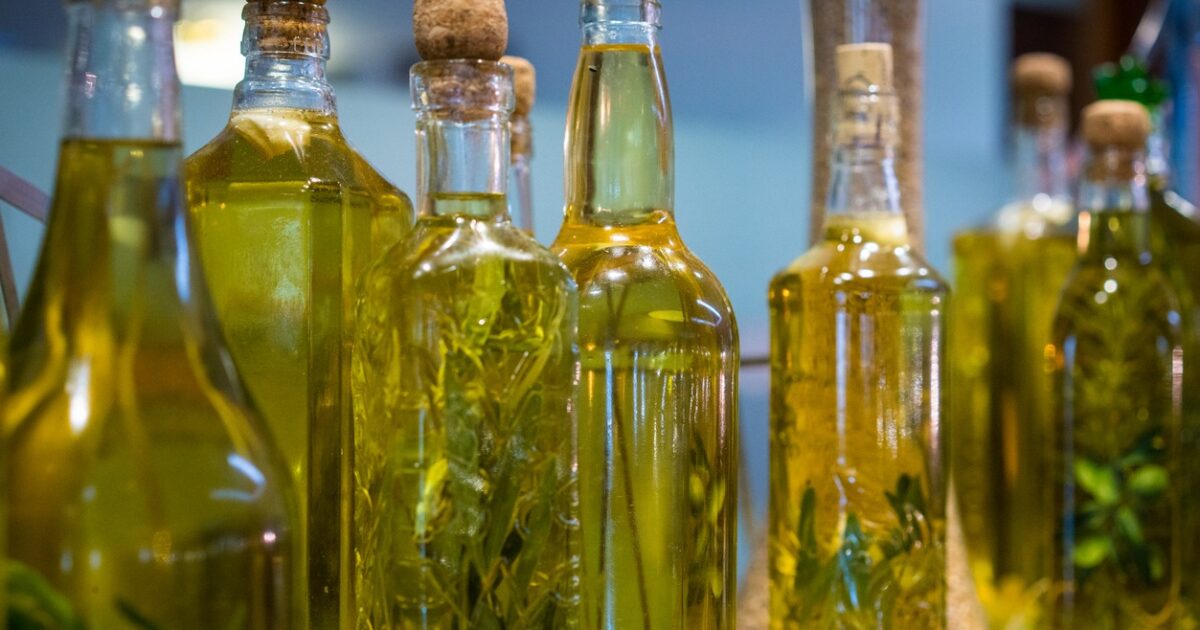Standby attitude is observed by the branches of the table olive and the standardized olive oil Following the recent decision of the USA impose 20% duties on all imported products from the European Union.
Although the US has announced temporary suspension of duties for 90 days, and only for some countries, growing uncertainty has already begun to influence the design of agri -food businesses. Table olive tree remains one of the most important export products of the country, with high value added and wide geographical distribution as exports are made to more than 100 countries. The most important market is that of the US, which ends up 30% of total production of € 214 million.
As to the value of the exports of table olives Following Germany with 90m eurosthe UK with 43m eurosthe Australia with 33m euros and the Canada with 30 million euros.
As the president of the Panhellenic Union of Manufacturers-Standards-Table Olivers (PEME), Costas Zoukas, says in the RES-EIA, “This is an unprecedented situation, which we are called upon to assess calmly. If there were no duties, this year would be a record year. But the uncertainty caused by commercial barriers brakes the growth potential of the industry. “
He points out that dependence on the US market raises reasonable reflection: “The US market is the largest we are exporting. It is not easy to replace it from one moment to another. Businesses have invested in this relationship for decades and the sudden overthrow of access is a huge cost. “
In search of alternative outlets, PEMEE is considering new geographical markets, with Asia standing out. “The Asian continent, due to its population dynamics, can be a significant way out in the medium term. However, to achieve meaningful penetration requires targeted promotion, investment, state support and access to financial tools, ”Mr Zoukas notes.
Concerning the next steps, PEMEE calls for two key interventions to the diplomatic mobilization and financial support of businesses directly affected by duties.
“Greece should negotiate through the European Union, but we believe that direct talks with the US would be more effective. This was also evidenced by Donald Trump’s previous presidential term, when Greek olives were excluded from the duties, as opposed to the Spanish, “he said.
Concerning financial support, Mr Zoukas stressed that “countries such as Spain, Italy and Germany have announced support measures. The Prime Minister, Kyriakos Mitsotakis, has made support statements, but we have not seen specific interventions at the moment. ”
Critical and the impact on olive oil
Corresponding concerns are also expressed by the bodies of the olive oil industry. Greek exports of standard olive oil to the US amount to 60-70 million euros a year, covering about 8% of annual Greek production. According to SEVITEL General Manager George Mitrakos in RES-EIA, US duties are expected to affect mainly standard olive oil.
However, the biggest “threat” is found elsewhere according to him.
“The biggest problem is not only the duty itself, but the way in which the competitiveness of the Greek product is affected. There are third countries, such as Turkey and Tunisia, that export olive oil to the US with only 10%duties, while for us, due to European origin, the duty reaches 20%. This creates a major disadvantage. “
Finally, as he pointed out, the situation is also burdened by the fall of the international price of olive oil compared to last year, an element that further shrinks the profit margins for Greek businesses.
